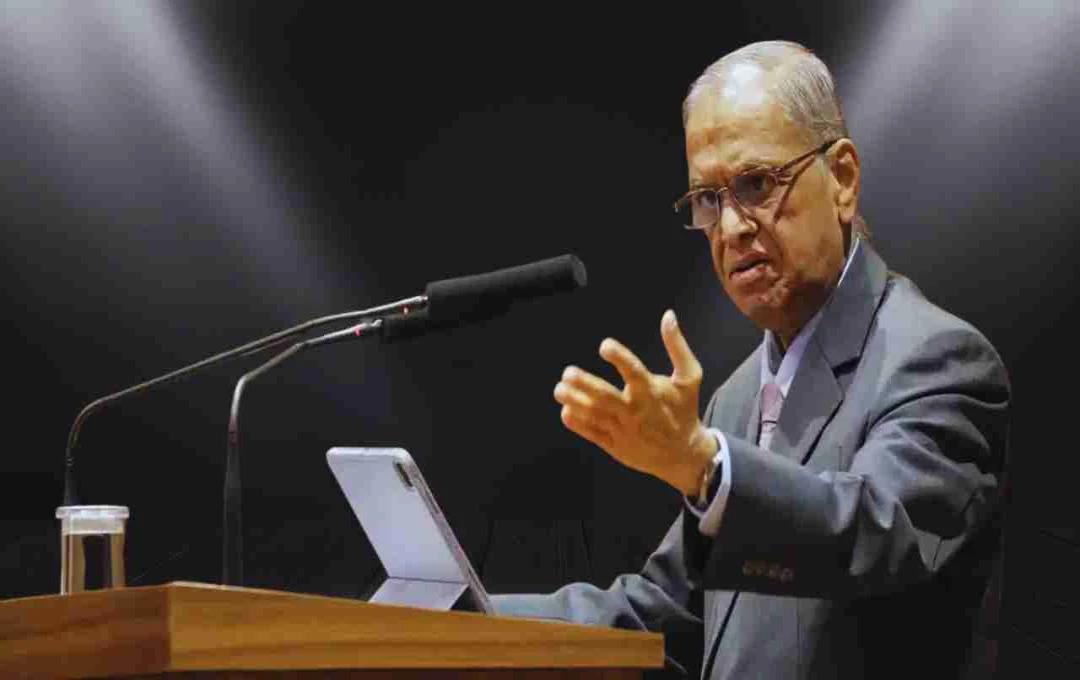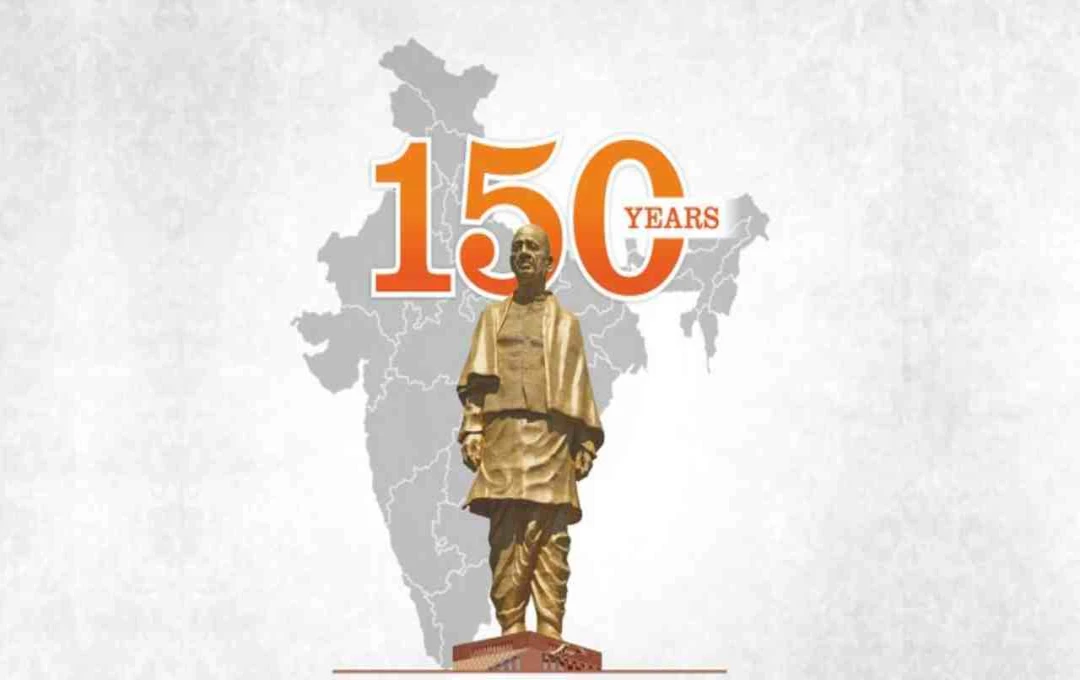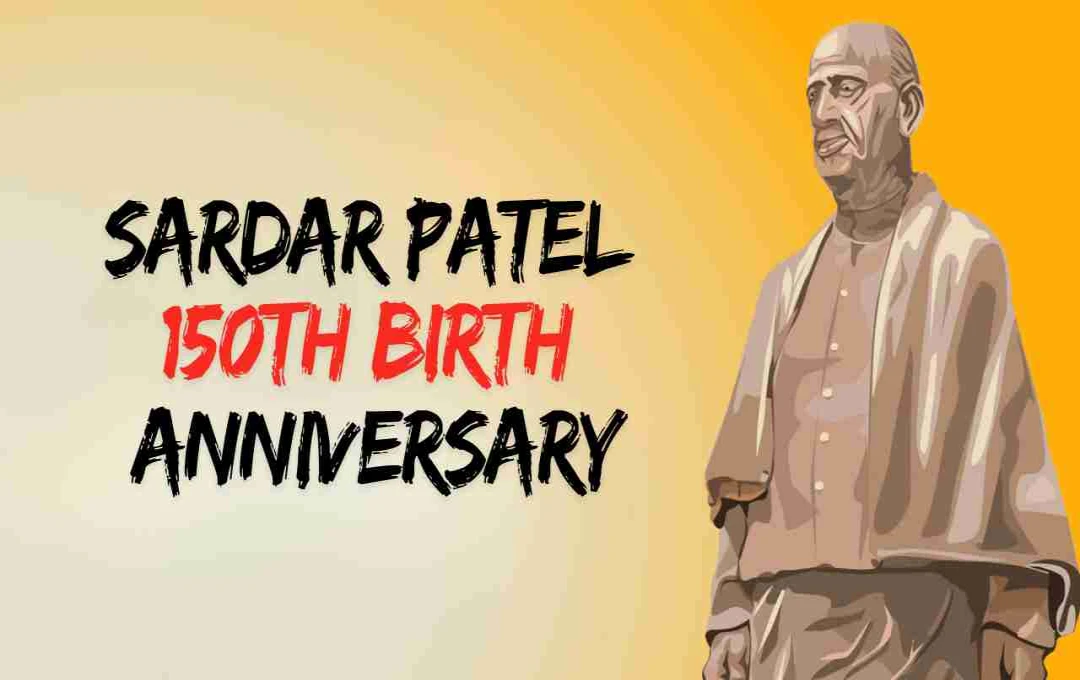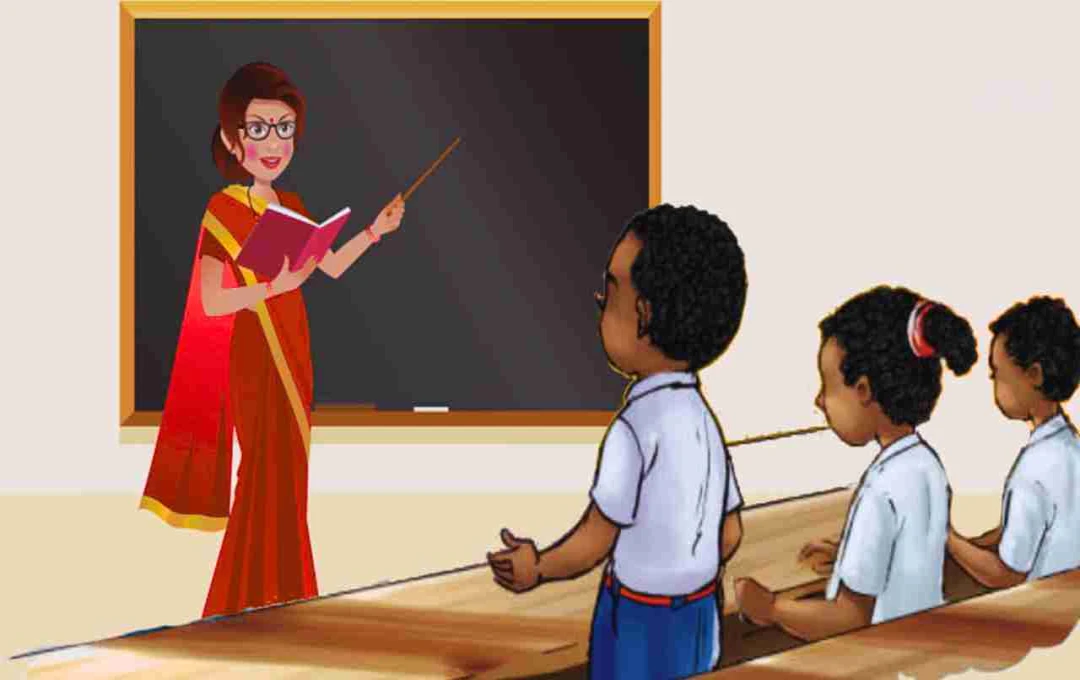When discussing India's technological revolution and global recognition, Narayan Murthy's name invariably comes to mind. Emerging from a small town to found Infosys, a company worth billions of dollars, Murthy is not just a successful entrepreneur, but also a source of inspiration for Indian youth. His thoughts, values, and leadership style continue to serve as a model in the corporate and academic worlds.
Early Life: Where it all Began
Born on August 20, 1946, in Siddlaghatta, Karnataka, Nagavara Ramarao Narayana Murthy comes from a middle-class Brahmin family. Education held a special significance in his family. He completed his electrical engineering studies at the National Institute of Engineering, Mysore, and later earned a master's degree from IIT Kanpur. His early education and values-based upbringing shaped the direction of his future.
Career Beginnings and Technical Journey
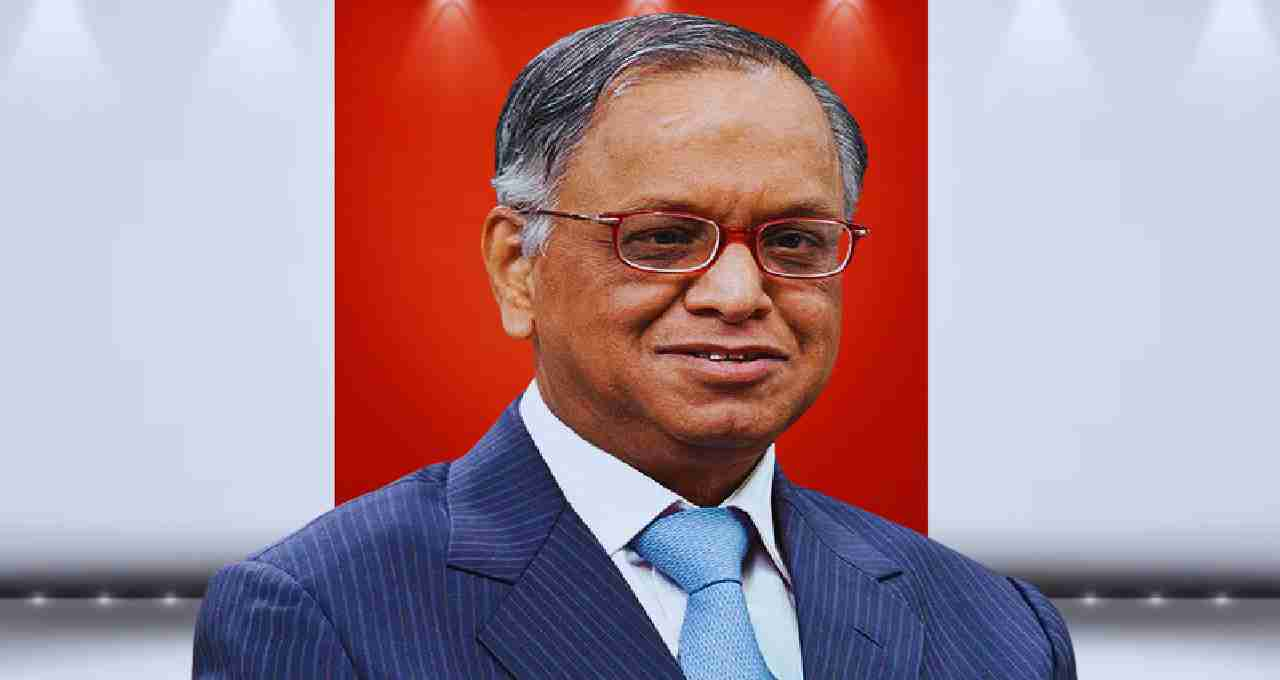
Narayan Murthy began his career as a research associate at IIM Ahmedabad, quickly becoming the chief systems programmer. Here, he worked on India's first time-sharing computer system, gaining a deep understanding of the technical world. He then worked at Patni Computer Systems in Pune, where a distinct vision began to take shape in his mind—to make India a technological powerhouse.
The Founding of Infosys: The Beginning of a Revolution
In 1981, Narayan Murthy laid the foundation of Infosys with an initial investment of ₹10,000 provided by his wife, Sudha Murty. He was joined by six other co-founders who gave a new direction to the Indian IT industry. Murthy promoted the concept of the Global Delivery Model, providing software services from India to the world.
He served as the CEO of Infosys from 1981 to 2002 and then as Chairman from 2002 to 2011. He retired in 2011 but returned as Executive Chairman in 2013 and completely departed from Infosys in 2014.
Vision and Leadership Style
Narayan Murthy has always prioritized values-based leadership. He stated clearly that 'value-based business is the only sustainable business'. He gave the highest priority to corporate governance, transparency, and honesty at Infosys. He created the Global Delivery Model, which gave a new dimension to IT outsourcing in India.
Global Recognition and Honors
Narayan Murthy has been honored with prestigious civilian awards by the Government of India, such as the Padma Shri (2000) and the Padma Vibhushan (2008). He was awarded the 'Legion of Honor' by the French government and the CBE (Commander of the British Empire) by Britain. Additionally, he has been recognized as an 'Inspirational Personality' on platforms like Forbes, Time, NDTV, and the Asian Awards.
Family Life
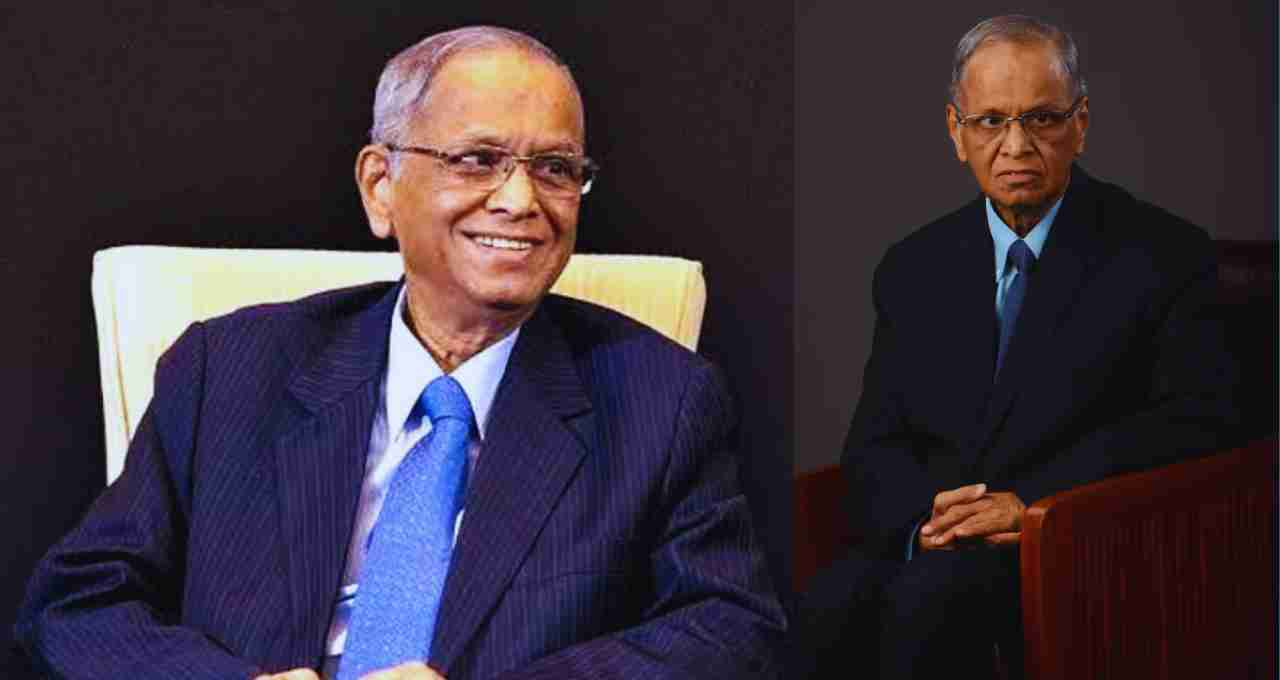
Narayan Murthy's wife, Sudha Murty, is a well-known writer and social worker herself. She has made a significant contribution to education and social service through the Infosys Foundation. They have two children—Rohan and Akshata Murty. Akshata Murty is married to former British Prime Minister Rishi Sunak, which has brought Narayan Murthy's name even more into the international spotlight.
Writing and Thoughts
Narayan Murthy is also a thinker. He has written inspirational books like 'A Better India: A Better World', which guides young people and new entrepreneurs towards leadership, transparency, and ethical business.
Notable Statements and Criticisms
In 2025, Narayan Murthy stated that one should work 70 hours a week to increase India's productivity. This statement sparked a lot of debate—some considered it right for the country's development, while others called it impractical. But Murthy's purpose was clear—to make India hardworking, disciplined, and capable of global competition.
Narayan Murthy's life teaches us that extraordinary heights can be achieved even from limited resources and an ordinary background. He laid the foundation of the Indian IT sector and showed millions of young people that any dream can come true with the right thinking, hard work, and honesty. Even today, he is not just a business leader, but also an inspiring role model—who ignites the flame of hope in every young person's heart.
